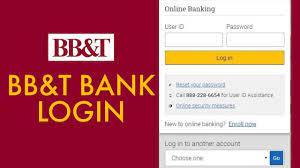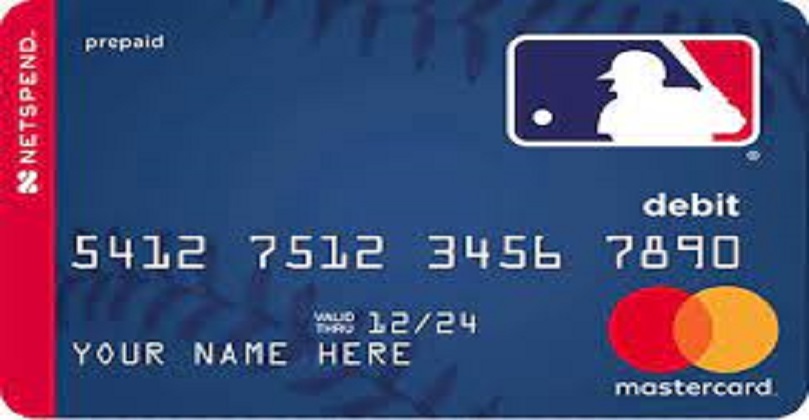Table of Contents
Need to Know About Bad Credit: Having bad credit can be a significant obstacle when it comes to securing loans, credit cards, or even renting an apartment. Unfortunately, many people are unaware of what bad credit is, how it affects their finances, and what steps they can take to improve their credit score. In this article, we will cover everything you need to know about bad credit.

What is Bad Credit?
Bad credit refers to a low credit score that indicates to lenders that the borrower has a high risk of defaulting on a loan. Your credit score is a three-digit number that ranges from 300 to 850, with higher scores indicating better creditworthiness. A credit score of 620 or lower is considered poor or bad credit, making it difficult to obtain loans or credit cards with favorable terms.
How Bad Credit Affects Your Finances:
Having bad credit can have a significant impact on your financial life. It can make it difficult to obtain a loan, credit card, or mortgage, and even when you do, you may have to pay higher interest rates or fees. Additionally, landlords and employers may check your credit report as part of their screening process, and a bad credit history could affect your ability to rent a home or get a job.
Causes of Bad Credit:
There are several reasons why someone may have bad credit. Some common causes include missed or late payments, defaulting on a loan, having a high debt-to-income ratio, and having a short credit history. Additionally, applying for multiple loans or credit cards within a short period can also lower your credit score.
Steps to Improve Your Credit Score:
Improving your credit score can take time, but there are steps you can take to help boost it. Here are some strategies to consider:
- Pay Your Bills on Time: Late payments can have a significant impact on your credit score, so it’s essential to pay your bills on time.
- Reduce Your Debt: High levels of debt can lower your credit score, so focus on paying off your debts and reducing your credit card balances.
- Check Your Credit Report: You’re entitled to one free credit report each year from each of the three major credit bureaus. Review your report for errors and dispute any inaccuracies.
- Avoid Applying for New Credit: Each time you apply for a loan or credit card, it can have a negative impact on your credit score. Avoid applying for new credit unless it’s absolutely necessary.
- Consider a Secured Credit Card: If you’re having difficulty obtaining a traditional credit card, consider a secured credit card. These cards require a deposit, but they can help you build your credit score over time.
FAQ:
Can I get a loan with bad credit?
Yes, you can still obtain a loan with bad credit, but you may have to pay higher interest rates and fees.
How long does it take to improve my credit score?
Improving your credit score can take time, but you can start seeing results within a few months of making changes to your credit behavior.
Can I improve my credit score on my own?
Yes, you can improve your credit score on your own by making changes to your credit behavior and paying off debts.
How often should I check my credit report?
You’re entitled to one free credit report each year from each of the three major credit bureaus. It’s a good idea to review your report for errors and discrepancies at least once a year.
Final Words:
Having bad credit can be a significant financial obstacle, but it’s not impossible to overcome. By understanding what bad credit is, how it affects your finances, and what steps you can take to improve your credit score, you can take control of your financial future.


